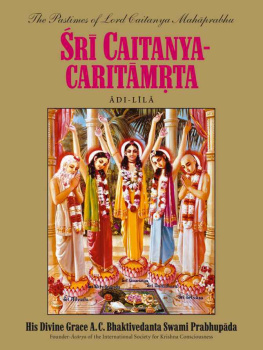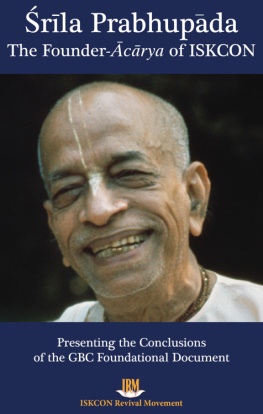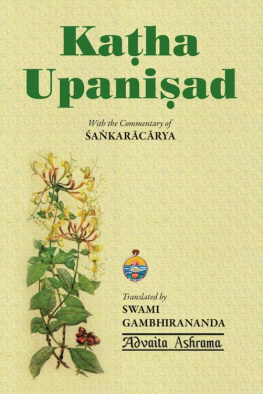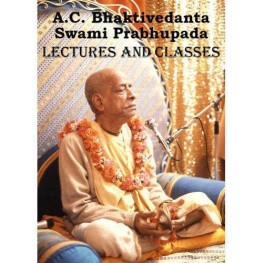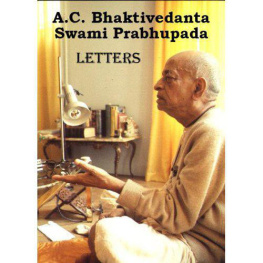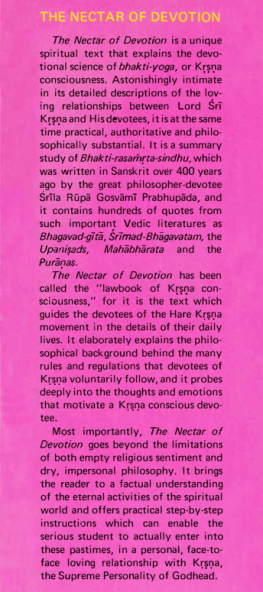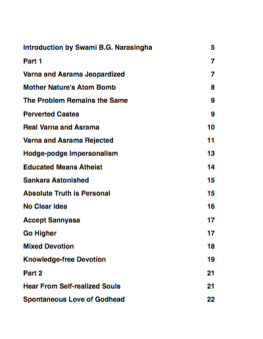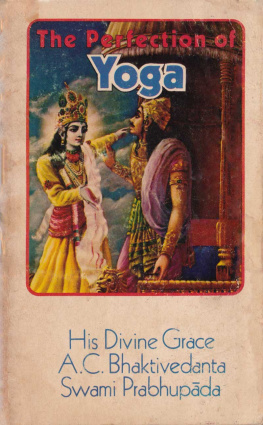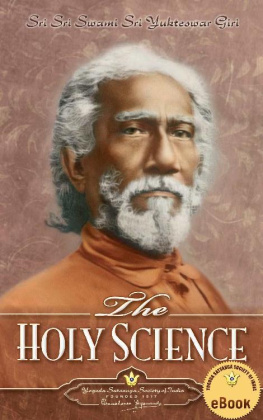B. B. Bodhayan - The Purity Principle: Finding Authenticity in the Age of Deception
Here you can read online B. B. Bodhayan - The Purity Principle: Finding Authenticity in the Age of Deception full text of the book (entire story) in english for free. Download pdf and epub, get meaning, cover and reviews about this ebook. year: 2020, publisher: Insight Editions, genre: Religion. Description of the work, (preface) as well as reviews are available. Best literature library LitArk.com created for fans of good reading and offers a wide selection of genres:
Romance novel
Science fiction
Adventure
Detective
Science
History
Home and family
Prose
Art
Politics
Computer
Non-fiction
Religion
Business
Children
Humor
Choose a favorite category and find really read worthwhile books. Enjoy immersion in the world of imagination, feel the emotions of the characters or learn something new for yourself, make an fascinating discovery.

- Book:The Purity Principle: Finding Authenticity in the Age of Deception
- Author:
- Publisher:Insight Editions
- Genre:
- Year:2020
- Rating:3 / 5
- Favourites:Add to favourites
- Your mark:
The Purity Principle: Finding Authenticity in the Age of Deception: summary, description and annotation
We offer to read an annotation, description, summary or preface (depends on what the author of the book "The Purity Principle: Finding Authenticity in the Age of Deception" wrote himself). If you haven't found the necessary information about the book — write in the comments, we will try to find it.
This book was inspired by Vaishnava Ke, the powerful poem of Srila Bhaktisiddhanta Saraswati Thakur Prabhupada, which identifies the minds myriad deviations and their essential remedies. It includes a translation and commentary on the poem by Swami Bodhayan, president and acarya of the Gopinath Gaudiya Math. Through these writings, the author illuminates the obstacles to pure devotion, and the magnanimous spiritual practices of Vaishnavism.
With sublime qualities like humility and tolerance, one can chant the Lords holy names purely and live a progressive, joyful life of service. This helps the sincere practitioner to follow a devotional path without distraction. With clarity, humility, and precision, Swami Bodhayan explains the most basic and also profound issues which, when understood, can inspire the student to attain the confidence and focus needed to make steady progress on the path of bhakti.
B. B. Bodhayan: author's other books
Who wrote The Purity Principle: Finding Authenticity in the Age of Deception? Find out the surname, the name of the author of the book and a list of all author's works by series.

